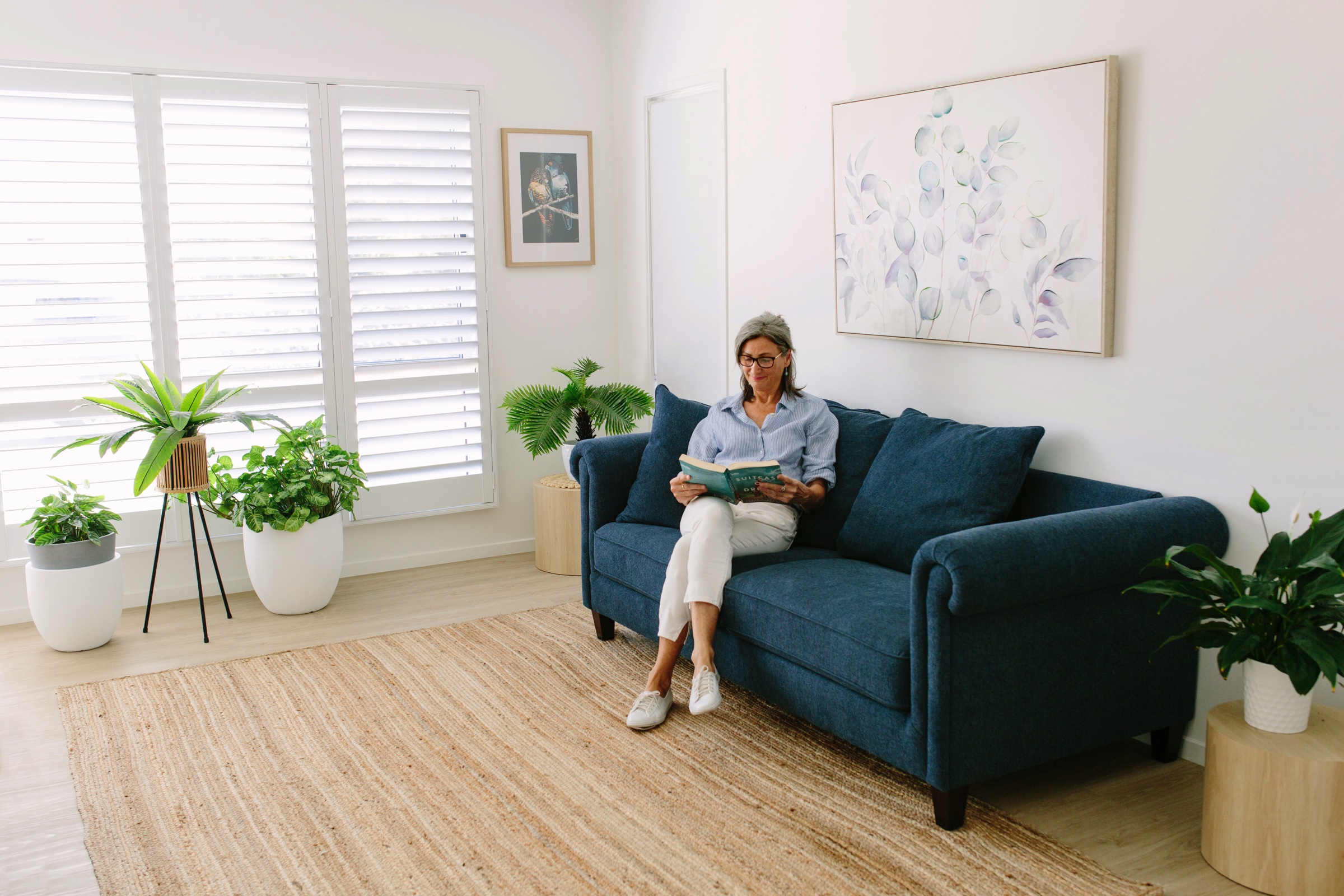Spinal Cord Injury and Assistive Technology
Living with a spinal cord injury (SCI) can have a significant impact on a person’s ability to independently participate in everyday activities.
Read more about (opens in a new tab)”>Spinal Cord Injury here >
One of the ways that Occupational Therapists (OT) can assist those with a SCI improve their independence and participation, is through the prescription of equipment (also called Assistive Technology in NDIS plans).
What types of Assistive Technology can Occupational Therapists prescribe to assist those with Spinal Cord Injury?
Manual and Power Wheelchairs
Occupational Therapists work with SCI clients to choose, trial, measure and fit the right wheelchair to meet their needs. Whether the priority is to engage in sporting activities, access the community, or simply move with ease around the home environment and community. A wheelchair can be tailored to your specific needs, and may include customised features such as powered functions, tilt, recline elevating legrests, customised positioning and support.
Read more about wheelchair scripting here >
Pressure Relieving Cushions and Mattress
For a number of reasons, individuals with SCI can be at high risk of developing pressure injuries; risk factors include reduced mobility or immobility, and reduced sensation. A pressure relieving cushion or mattress can assist in the prevention or progression of pressure injury development.
An Occupational Therapist can assess for and recommend the most appropriate cushion or mattress for the needs of an individual with a SCI, and may include features such as air, gel, memory foam, powered alternating air, and positional features.
Read more about (opens in a new tab)”>pressure care here >
Transfer Equipment
Depending on the level of function that an individual has, Occupational Therapists and Physiotherapists can assist in implementing the right equipment to assist with transfers, from slide boards or manual standing frames, to powered sling, standing or ceiling track hoists.
Shower / Bathing / Toileting Equipment
Equipment to aid independent and safe personal care in the bathroom can range from mobile shower and toilet commodes, over toilet frames, bidets, shower chairs, bath transfer benches, to long-handled aids to assist washing, toileting and dressing.
Electric Bed
Use of an electric bed can improve independence with transfers and bed mobility in people with a spinal cord injury. Simple changes to bed height can also preserve shoulder function and reduce manual handling risk for carers.
View examples of (opens in a new tab)”>Assistive Technology here >
Environment Control Units / Home Automation and Home Modifications
Customised switches or voice-controlled devices can allow freedom for a person with SCI to operate everyday appliances within the home. This can include lights, air conditioning / heating, television, electric doors, and telephones to name a few. These are useful for people who do not have the movement or strength to switch on and off these devices.
Simple and major home modifications can be prescribed by and OT to maximise movement and function around the home to accommodate mobility and transfer aids.
Read more about (opens in a new tab)”>home modification here >
Who can help with organising Assistive Technology?
To organise Assistive Technology (AT) funding through NDIS, an individual with a spinal cord injury will require an Occupational Therapy assessment and report to justify AT and Complex Home Modification options that are reasonable and necessary to maintain or improve function.
Need to know more?
At Smart Solutions Rehab Group, our experienced and well-trained Occupational Therapists are here to help an individual maximise their independence after a spinal cord injury. Contact us today to discuss your needs via email at admin@ssrg.com.au or you can call us on 1300 729 190 and we will be happy to help!
Authors: Gemma Imrie and Donna Joosten
More about the authors…
Gemma is an Occupational Therapist with the SSRG’s Occupational Therapy Team. Gemma has experiencing working in both community and acute hospital settings in the ACT, specialising in assistive technology prescription and home modifications for people with physical disabilities. Gemma holds a Bachelor of Occupational Therapy from Charles Sturt University in Albury, NSW.
Donna is an Occupational Therapist and Manager of SSRG’s Occupational Therapy Team. Donna has worked extensively with neurological rehabilitation, particularly movement disorders and has completed training in physical and cognitive rehabilitation. Donna holds a Bachelor of Occupational Therapy as well as qualifications in Business and Music.




